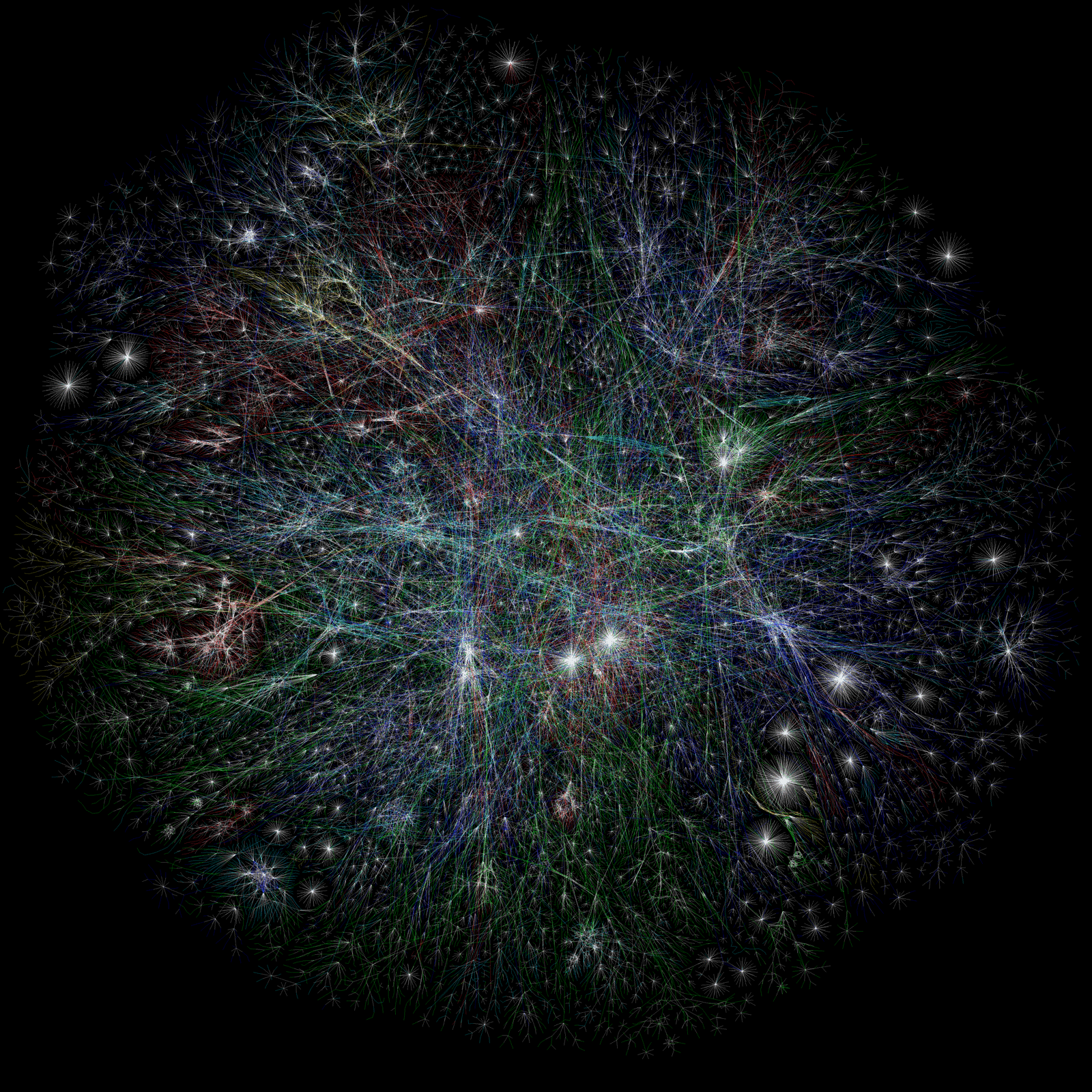
Broadening the smart city agenda with planning
"The smart city concept isn’t about geography; it’s about equity." Thus opens a 2021 feature article in GovTech, a magazine that's long served mainly as a champion of the efficiency gains of technology in government.
Reflecting on the events of 2020—the pandemic, Black Lives Matters protests, and the cancellation of Sidewalk Labs' Quayside project in Toronto—the authors argue that a major vision shift is happening in the smart cities movement, from efficiency to equity and from physical interventions to social reforms. "Cities cannot focus their efforts on building a hyperconnected urban zone or a special innovation district blanketed by sensors," they write. "This is something most urban leaders have known for some time, but the pandemic has made clear that smart city planning must be a holistic approach that’s focused on providing universal access to services both physical and digital."
One consequence of this is an expansion in the scope of challenges and topics that urban tech will need to address: "If smart city planning a year ago was focused on things like mobility and traffic congestion and public safety" the authors argue, "now it must encompass Internet connectivity, public health, privacy, racism and social equity." This points towards a future where cities will put in place structured processes to fairly and comprehensively identify issues and interventions. That means more digital master planning, and the institutionalization of tech foresight and strategy in city government.




..png)
